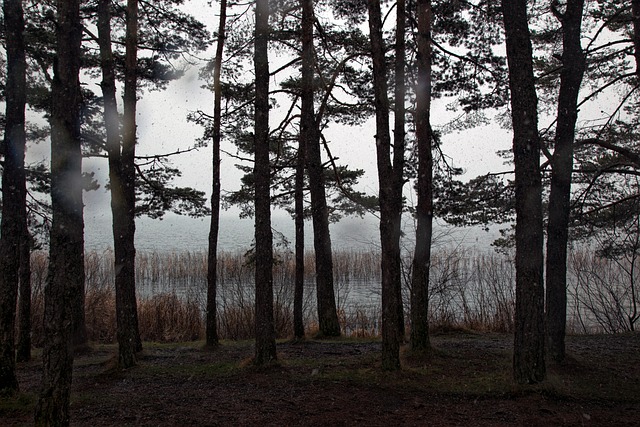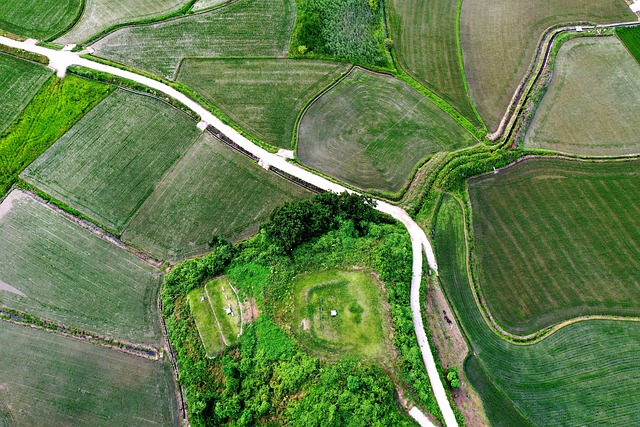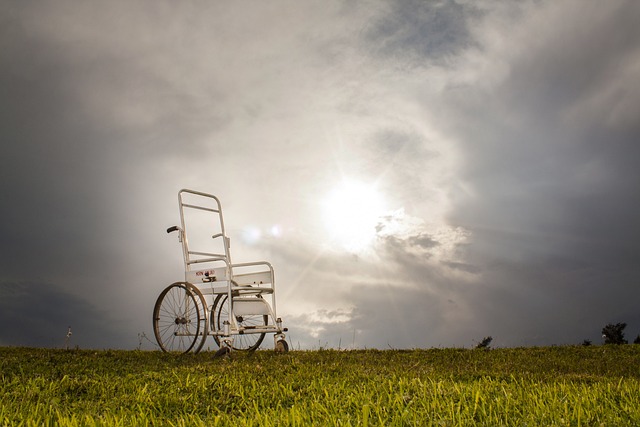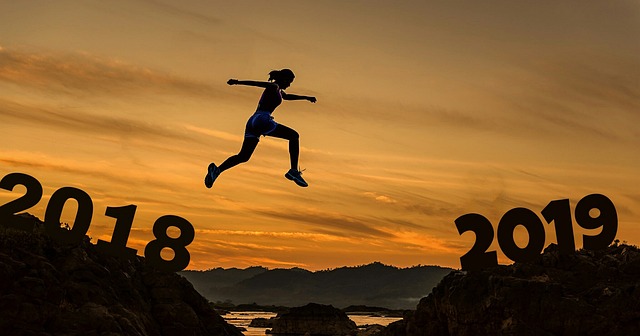br 888 ⚡ BR-888: A Pathway to Progress or a Road to Ruin?

BR-888: A Pathway to Progress or a Road to Ruin?
In the vast expanse of Brazil’s diverse landscapes, where the lush greenery meets the rugged mountains and urban sprawls, the BR-888 emerges as a contentious artery, embodying both promise and peril. As society grapples with the environmental ramifications of development, the BR-888 stands at the crossroads of economic ambition and ecological preservation. This duality ignites a fervent debate amongst policymakers, environmentalists, and the communities affected by its presence.
On one hand, proponents of the BR-888 herald it as a monumental leap towards enhancing connectivity and fostering economic growth. The envisioned highway is projected to facilitate the movement of goods and people across regions, potentially accelerating trade and bolstering local economies. For many, the BR-888 symbolizes the aspiration for modernization, a route to better opportunities, and an invitation for investment. The promise of job creation and improved infrastructure cannot be understated; it offers a lifeline to communities that have long been marginalized in the shadows of Brazil's bustling metropolises. br 888

However, as the wheels of progress begin to turn, the other side of the coin reveals a starkly different narrative. Environmentalists and indigenous groups raise their voices in a clarion call for the preservation of Brazil’s unique ecosystems. The BR-888 threatens to carve through pristine habitats, endangering countless species and disrupting delicate ecological balances. The deforestation that often accompanies such infrastructure projects is a chilling reminder of the irreversible damage inflicted upon the environment. The highway becomes a symbol of encroachment, a pathway not only for vehicles but also for exploitation that could lead to the degradation of irreplaceable natural resources.
The contrast between economic growth and environmental stewardship is stark, and it raises profound questions: At what cost do we pursue development? Is the short-term economic gain worth the long-term consequences of environmental degradation? The voices of those who stand to lose their homes, their livelihoods, and their heritage are often drowned out by the clamor for progress. The BR-888, in its ambition, risks becoming a harbinger of conflict, pitting economic aspirations against the rights of communities and the preservation of nature.br 888
Moreover, the social implications of the BR-888 extend beyond mere environmental impact. The communities along its proposed route are often left in a state of uncertainty, torn between the allure of economic opportunity and the fear of displacement. The promise of jobs may not materialize as anticipated, and the reality of increased traffic and industrialization could bring about a new set of challenges, including pollution and social dislocation. The narrative of progress is not universally shared; for many, it is a harrowing tale of loss and struggle.
The government’s role in navigating this complex landscape cannot be overstated. As stewards of the nation’s resources and guardians of its people, policymakers must strike a delicate balance. Engaging in meaningful dialogue with affected communities and ensuring their voices are heard is paramount. Sustainable development should not be an afterthought but rather a guiding principle that informs every decision regarding the BR-888. Innovative approaches that integrate environmental considerations with economic development can pave the way for a future that honors both progress and preservation.
In light of the growing awareness surrounding climate change and environmental degradation, the debate surrounding the BR-888 serves as a microcosm of larger global conversations. Brazil, as a custodian of the Amazon and a significant player in international environmental efforts, stands at a pivotal moment. The choices made today will resonate for generations to come. It is not merely a question of building a highway; it is about shaping a legacy and defining what kind of future we wish to bequeath.
As the discussions surrounding BR-888 unfold, it is imperative that all stakeholders unite in a collective vision that transcends individual interests. The pursuit of progress must not come at the expense of our planet’s health or the dignity of its people. The BR-888 is more than just a road; it is a reflection of our values and priorities as a society. By embracing a holistic approach to development, we can ensure that the highway serves as a conduit for both economic growth and environmental sustainability, paving the way for a balanced and harmonious coexistence between nature and progress.
In conclusion, the BR-888 encapsulates the tensions inherent in modern development. It is a pathway laden with potential, yet fraught with peril. As Brazil stands at this critical juncture, the choices made regarding the BR-888 will echo throughout the corridors of time, shaping not only the landscape but the very essence of what it means to forge a future that respects both human ambition and the planet we call home. The question remains: will we choose a path of progress that honors our commitments to the environment and to each other, or will we veer down a road that leads to ruin? The answer lies in our collective hands.br 888

Fale conosco. Envie dúvidas, críticas ou sugestões para a nossa equipe através dos contatos abaixo:
Telefone: 0086-10-8805-0795
Email: portuguese@9099.com


